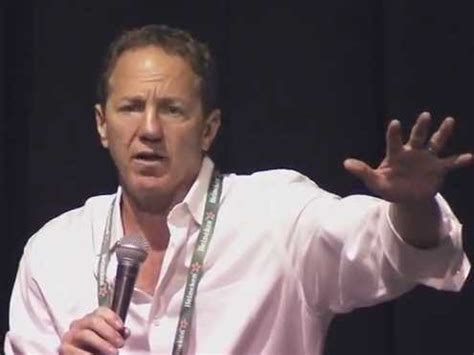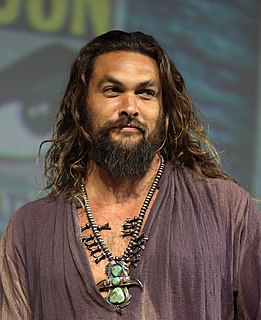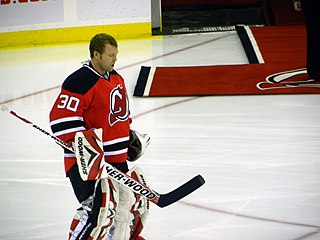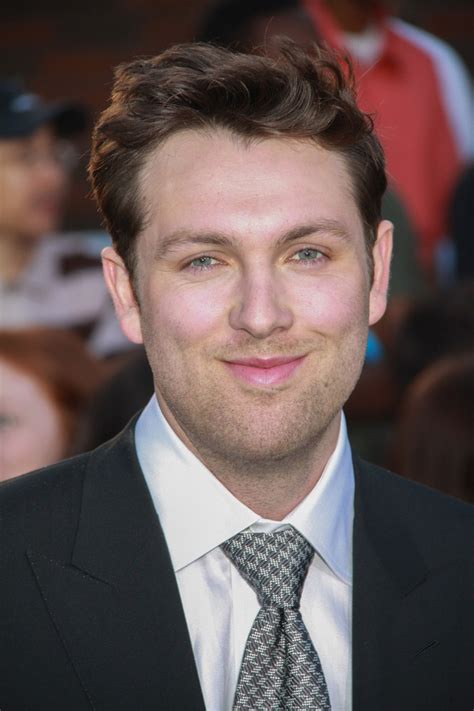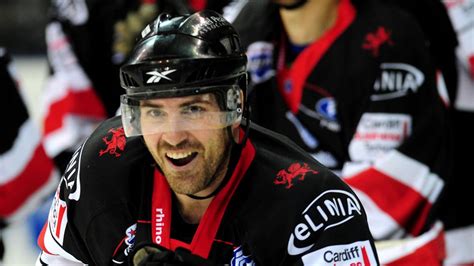A Quote by Gabe Polsky
What I found interesting about Slava Fetisov was that he went through three different generations of Soviet hockey. In the late 70's, he experienced the Miracle on Ice, and then in the 80's became with his teammates the Russian Five, the most dominant team in the history of hockey, and then helped bring down the hockey system when the Soviet Union collapsed and became one of the first players to play in the NHL, and then ultimately came back to Russia.
Quote Topics
About
Back
Became
Bring
Came
Collapsed
Different
Different Generations
Dominant
Down
Experienced
First
Five
Found
Generations
Helped
His
History
Hockey
Ice
Interesting
Late
Miracle
Most
Nhl
Play
Players
Russia
Russian
Soviet
Soviet Union
System
Team
Teammates
The History Of
Then
Three
Through
Ultimately
Union
Related Quotes
When I looked into the story of Soviet hockey and its players, I realized that it has nothing to do with hockey. It was a larger story using hockey as a window into the story of the rise and fall of the Soviet Union, the Russian people, with friendships and betrayals, paranoia and oppression, and the meaning of sports to people and nations around the world, and how sports was used as a political tool.
I played street hockey in Riverside Park when I was a kid. I played goalie. I didn't make the hockey team in college, so I played lacrosse instead. I didn't play hockey again for 20 to 25 years, and then my son became interested in the game. I decided to pick it up again. A friend let me play backup on his team.
25 million of Russian people suddenly turned out to be outside the borders of the Russian Federation. They used to live in one state; the Soviet Union has traditionally been called Russia, the Soviet Russia, and it was the great Russia. Then the Soviet Union suddenly fell apart, in fact, overnight, and it turned out that in the former Soviet Union republics there were 25 million Russians. They used to live in one country and suddenly found themselves abroad. Can you imagine how many problems came out?
When I did play team sports, I was into soccer and hockey. I loved hockey. And then rock climbing became the thing that got me out of Iowa, and I traveled the world for rock climbing. I really loved the, I guess you would say, dirtbag lifestyle of not eating much and traveling the world and slipping into different cultures and just observing.
My family members were always there and I was very fortunate for that I mean, I played hockey growing up. That was the sport everyone in Charlestown played back then, and I had skates and the equipment, but I was growing so fast, it became hard to afford new stuff every year. But hockey was it for me.
Obviously ice hockey's much faster. You play street hockey, most likely, with a ball. Where the puck is more difficult to maneuver with. There's not too many things that are different. Playing on the ice is totally, totally different than playing on the street. It's totally a different game in that aspect.
One ironic thing is that although (the Soviet Union) was one of the most oppressive systems, with no respect for the individual, it somehow produced the freest hockey on the planet. These guys, when they got on the ice, it was like watching jazz. They could do anything. I find that a paradox. It's interesting because I think the North American style was a lot less free. It was not encouraged to be creative.

